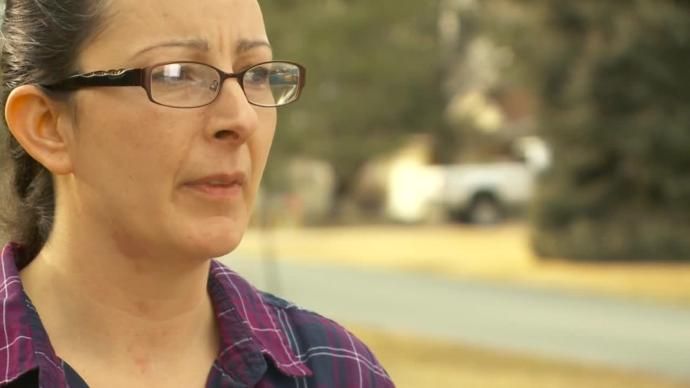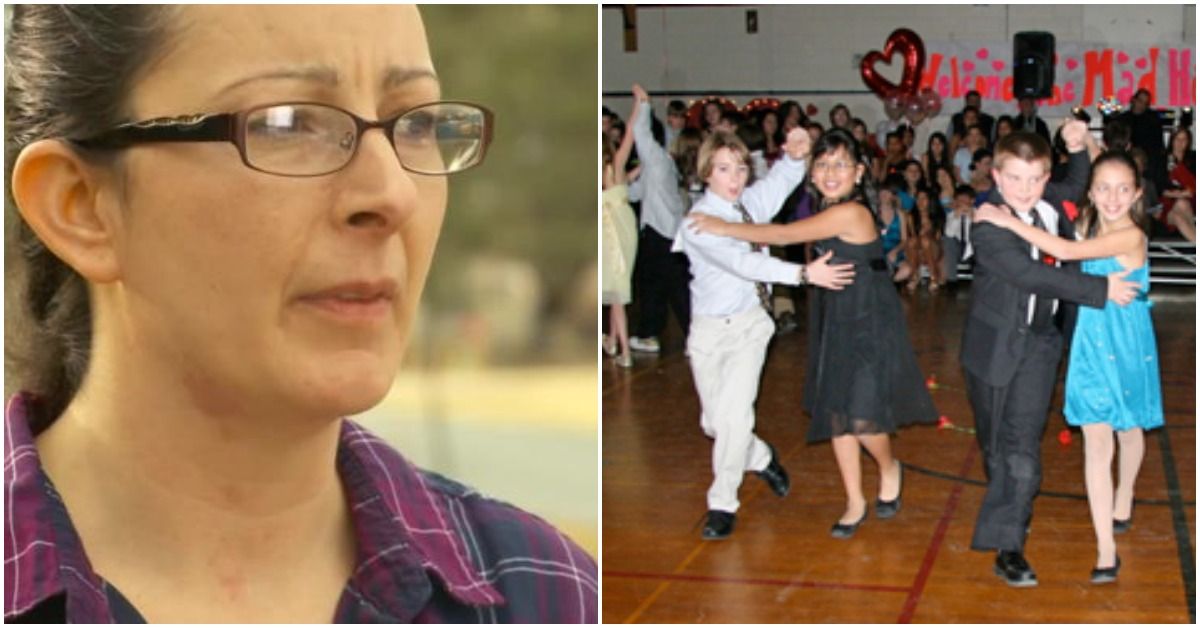The issue of personal autonomy for women is a big one.
Despite many strides that have been made over the years that allow women to be independent, confident, and above all else, safe, we still have a long way to go when it comes to fixing a lot of issues surrounding the subject.

As more and more people are accused of sexually predatory behaviors towards women in multiple industries, the concept of consent is more relevant than ever.
Many people are insisting that we should be teaching our new generations about the importance of consent as early as childhood, not only so that girls know how to avoid dangerous situations, but also so that boys know how to understand where lines are drawn.

Unfortunately, it appears some places still don't entirely seem to grasp the concept, and the results can often be jarring, if not outright revolting. Case and point: a Utah mom is taking her daughter's elementary school to task over their rules regarding a school dance...
Natalie Richard, whose daughter is a sixth grade student at Kanesville Elementary School, was stunned when her daughter informed her of the rule being enforced by the school at their upcoming Valentine's Day dance.
The rule apparently states that her daughter, should she attend the dance, would not be allowed to say "no" to a boy who asked her to dance.

Speaking to KVMT 11 News, Richard comments that "the teacher said she can't. She has to say yes. She has to accept and I said 'excuse me?'"
She then took her concerns to the school principal, who only backed up the teacher's comments. "He basically just said they've had this dance set up this way for a long time and they've never had any concerns before," says Richard.

Lane Findlay, the school district's community relation specialist, confirms it's a rule, but it's meant to teach students how to be inclusive.
"Please be respectful, be polite," Findlay said. "We want to promote kindness and so we want you to say yes when someone asks you to dance."

"I do see it from their perspective when it comes to that, but there are many other ways to teach children how to be accepting than with a social dance," says Richard, who feels that this message is likely being lost in translation to many of the students.
"Psychologically my daughter keeps coming to me and saying 'I can`t say "˜no' to a boy'," she said. "That's the message kids are getting."
As of now, the rule remains in place.

